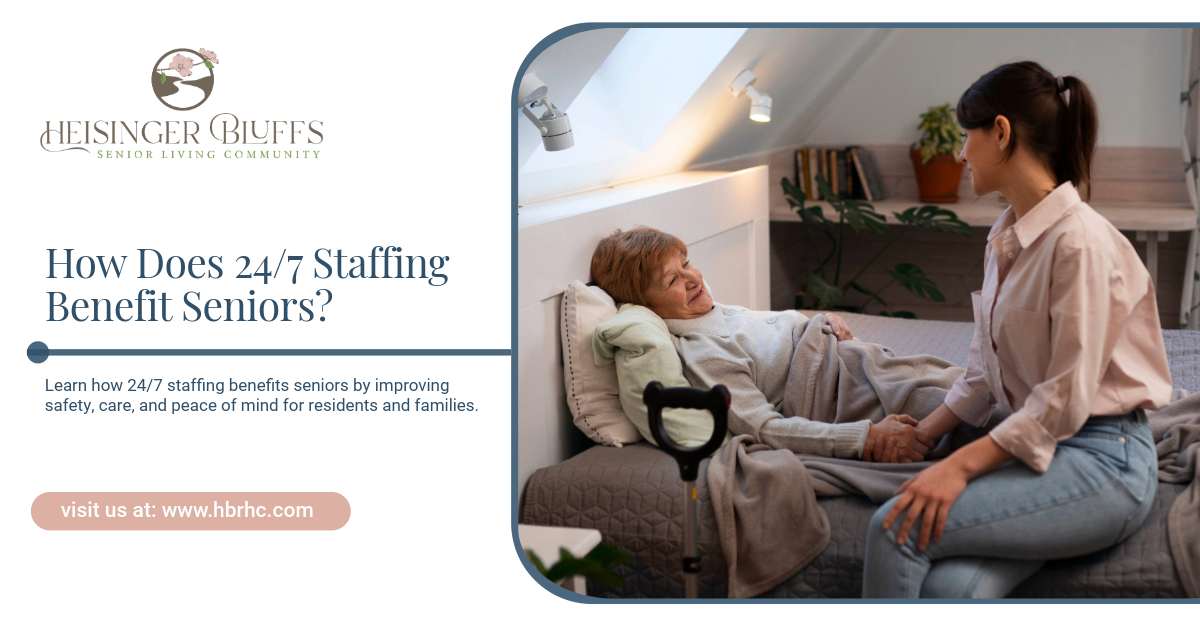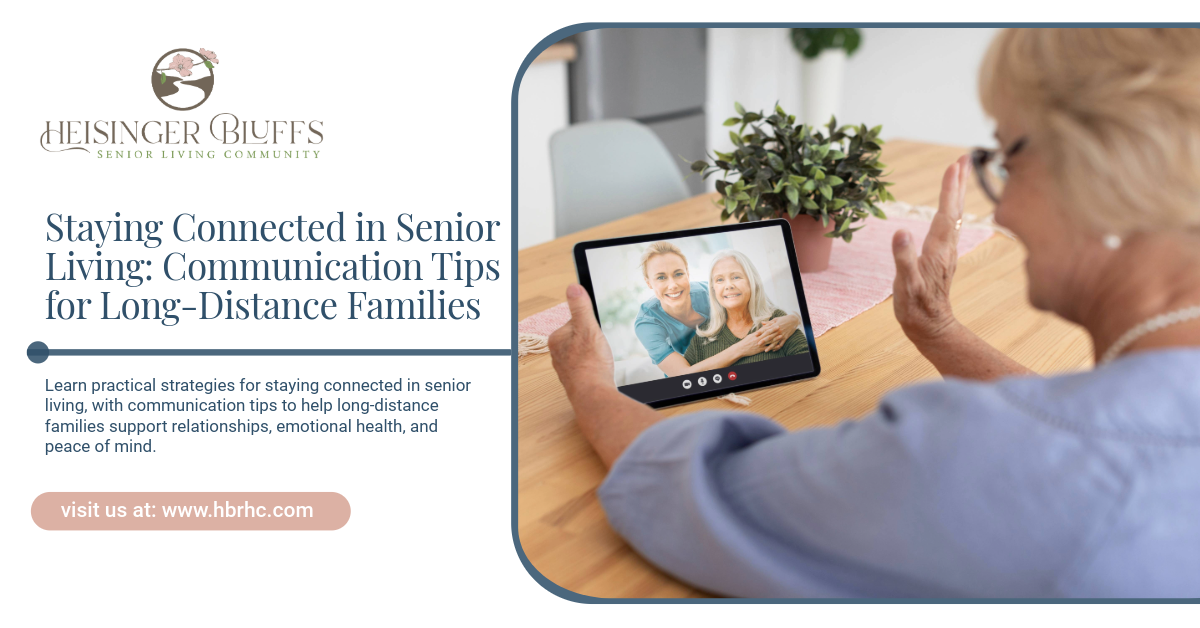What Happens If a Resident's Health Declines Suddenly?

Sudden health changes in seniors can be stressful for both residents and their families. In a senior living community, staff are trained to respond quickly and effectively to any health decline.
When a resident experiences a sudden change—like shortness of breath, chest pain, severe dizziness, or sudden weakness—staff immediately assess the situation and provide emergency care if needed. They notify family members and coordinate with medical professionals, including on-site nurses or visiting physicians.
Residents may be temporarily transferred to a higher level of care, such as skilled nursing or short-term rehabilitation, to ensure close monitoring and proper treatment. Care plans are updated, medications are reviewed, and additional support is provided to help the resident regain stability.
Clear communication, prompt action, and continuous monitoring help protect residents’ health and provide peace of mind for families. In senior living communities like Heisinger Bluffs, these measures ensure residents receive the care they need, even during unexpected health changes.
Frequently Asked Questions
How quickly are families notified of sudden health changes?
Families are contacted immediately after staff assess the situation.
Can a resident stay in their current apartment if their health declines?
It depends on care needs; temporary transfers may be arranged.
What medical support is available on-site?
Trained nurses and access to physicians provide 24/7 care.
Sources:
- https://www.mayoclinic.org/healthy-lifestyle/healthy-aging/in-depth/aging/art-20046070
- https://www.apa.org/pi/aging/resources/guides/older











